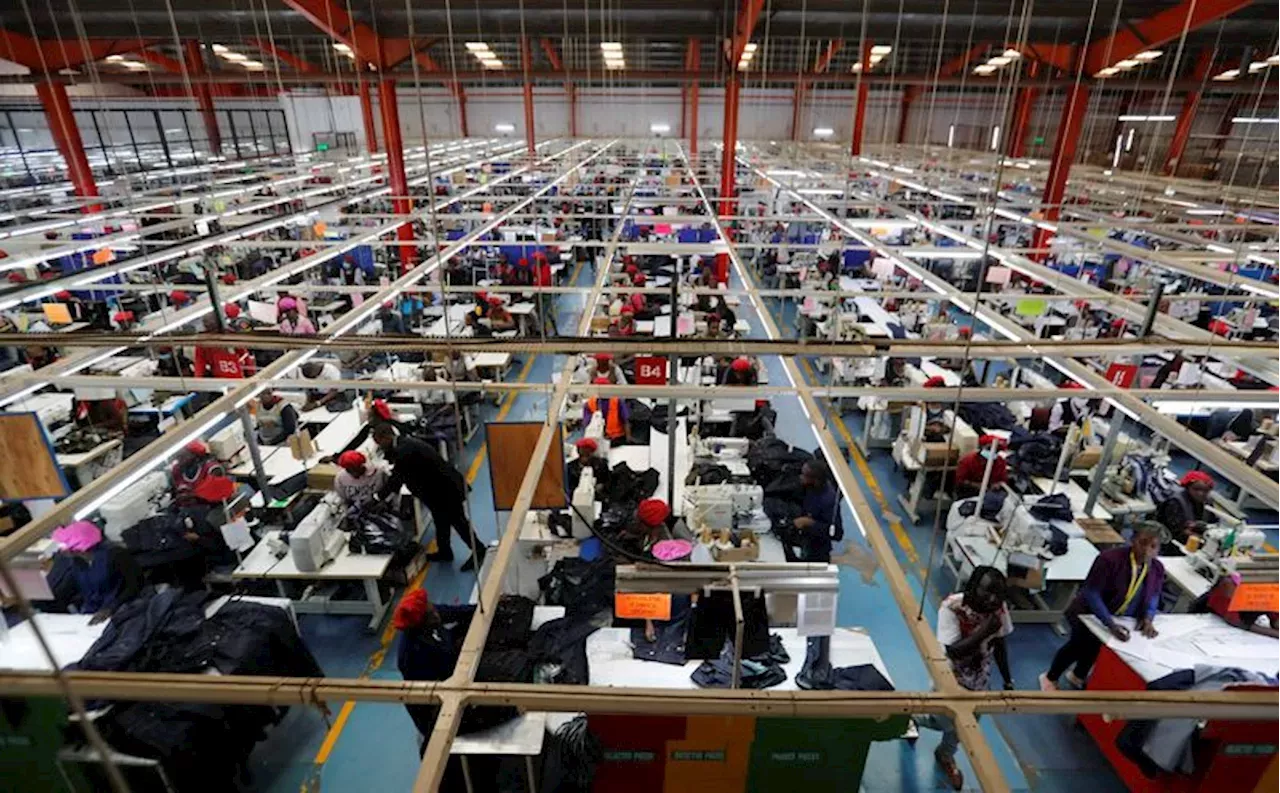Newly-made jean shorts are arranged for export at the United Aryan EPZ factory in Ruaraka district of NairobiA Kenyan worker prepares a pair of denim trousers for export at the United Aryan EPZ factory in Ruaraka district of NairobiNAIROBI - Norah Nasimiyu knows the future of Kenya's garment trade, which has employed her for 13 years and helped her put six children through school and university, lies in the hands of the U.S. Congress.U.S.
Apparel has been the standout success story of AGOA, which launched in 2000 to help develop African economies and foster democracy. "Many of them talk about Africa," said Stephen Lamar, CEO of the American Apparel and Footwear Association. But the House of Representatives, paralysed for weeks by factional fighting over its speakership, faces a daunting list of must-pass legislation.
"Some countries have benefited greatly from AGOA, but the majority have not," Constance Hamilton, the Biden administration's top trade official for Africa, said last week, calling for Congress to consider changes that would "make the programme more impactful". "If we try to radically change AGOA, it's going to get stalled out. And if it gets stalled out, it's going to follow the path of GSP," he said.The USITC report said AGOA benefits "appear to be essential for ... countries to maintain their apparel exports to the United States".
